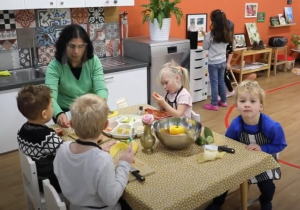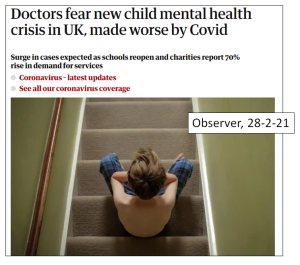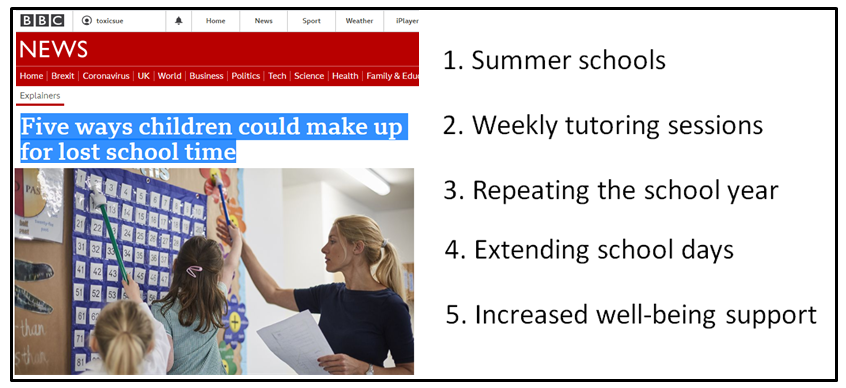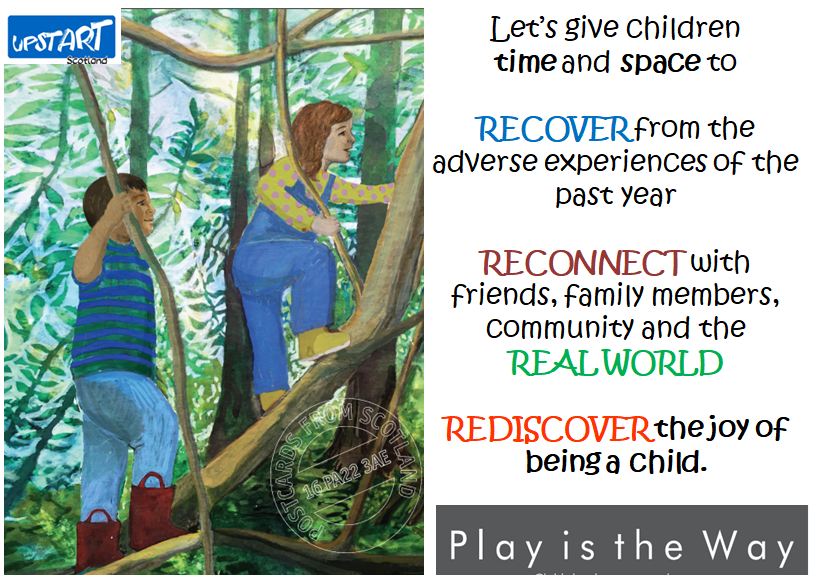by Louise Livingstone, Director of Training at the Maria Montessori Institute
As we look to support children impacted by lockdowns and school closures, we must consider how we can best nurture children emotionally, socially and academically. Politicians are talking of children “falling behind” or not reaching “school readiness” and suggesting a more is more approach with longer hours, holiday schools and intensive academic support. Yet many teachers – and parents – realise that children are not an industrial product and speeding up the factory production line is not appropriate or helpful.
The truth is children have continued to live a life and to be shaped and developed by their experiences in much the same way that children living through a war are. They will have gained empathy, resilience and perspective. What they need now is community and social interaction, a chance to express their feelings, to readjust and to get ready to engage in schoolwork once more. How might it feel to be told you are behind, and your life is changed forever? How would adults feel if their employers said they were unhappy with their progress during the pandemic and they now need to work longer and harder to catch up?
Educational pioneer Maria Montessori had a much more positive view on the resilience of the human being and children’s ability to develop and learn for themselves. Working as a doctor in Rome in the late 1800s, she was tasked with overseeing “uneducable children” living in the city’s asylums. Montessori was able to see beyond the rote learning of the time and observed how children could learn at their own pace. The children flourished when they were given freedom to choose activities; to work at a level that was just challenging enough; to develop self-discipline and to care for their physical environment and social community. The previously “written-off” children soon made astonishing progress socially and academically.
 In Montessori schools today there is a focus on making friends and respecting others; enjoying being outdoors; taking care of the classroom and themselves by tidying up, keeping clean or serving food. Children take part in “play” activities that support motor skills such as constructing with blocks, sewing or gardening. They develop their creativity, attention span and problem-solving skills. In multi-age classes, children can act as role models for younger children and learn from those older than them. The importance of breaks during the day and holidays are recognised.
In Montessori schools today there is a focus on making friends and respecting others; enjoying being outdoors; taking care of the classroom and themselves by tidying up, keeping clean or serving food. Children take part in “play” activities that support motor skills such as constructing with blocks, sewing or gardening. They develop their creativity, attention span and problem-solving skills. In multi-age classes, children can act as role models for younger children and learn from those older than them. The importance of breaks during the day and holidays are recognised.
The reality is that Covid has exposed the pitfalls of our education system with a one-size-fits-all approach where children are rewarded or punished for meeting expected standards of behaviour or learning. From the traffic light behaviour charts at nursery and primary schools to the coursework and exams at secondary, children are taught to conform and pass the test.
 This approach squeezes out creativity, leads to mental health issues for the conscientious and disengages children who don’t meet the arbitrary measures of success. It seems at odds with a world where many children will go on to do jobs that don’t exist yet, few will have a “job for life” and many more will be self-employed than previous generations. To thrive in the post-Covid, 21st century world, young people will need creativity, confidence, adaptability and resilience. As we look beyond the current pandemic and consider how to confront the mental health and obesity epidemics escalating among children and young people, I hope we can look to the Montessori approach that “follows the child” and nurtures the whole human being rather than an education system that looks increasingly unsustainable and irrelevant for teachers and children alike.
This approach squeezes out creativity, leads to mental health issues for the conscientious and disengages children who don’t meet the arbitrary measures of success. It seems at odds with a world where many children will go on to do jobs that don’t exist yet, few will have a “job for life” and many more will be self-employed than previous generations. To thrive in the post-Covid, 21st century world, young people will need creativity, confidence, adaptability and resilience. As we look beyond the current pandemic and consider how to confront the mental health and obesity epidemics escalating among children and young people, I hope we can look to the Montessori approach that “follows the child” and nurtures the whole human being rather than an education system that looks increasingly unsustainable and irrelevant for teachers and children alike.
Louise Livingston is Director of Training at the Maria Montessori Institute which offers Montessori teacher training, online short courses in Montessori and authentic Montessori schools and nurseries for 2-12-year-olds in London. www.mariamontessori.org





So agree with every single word. Build up not catch up. This is and will be my mantra for the foreseeable future! Thank you for your wise words. I hope they reach many many people.
Well said. Nobody talks about the social time at school the children have missed only their education. Lunch breaks play times are so important its were children learn social rules how to play fair etc.